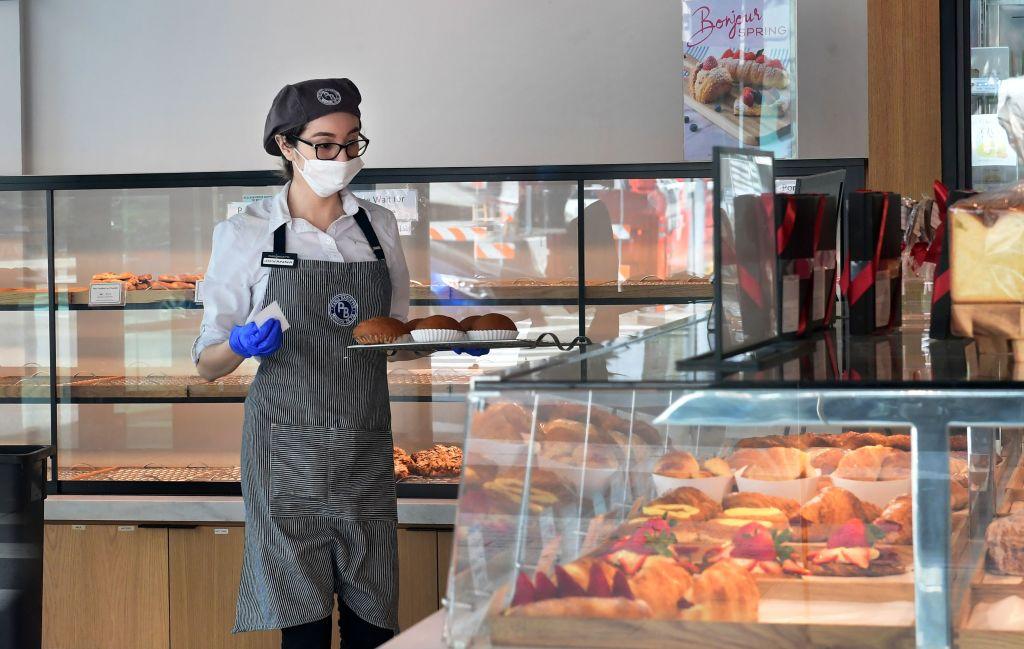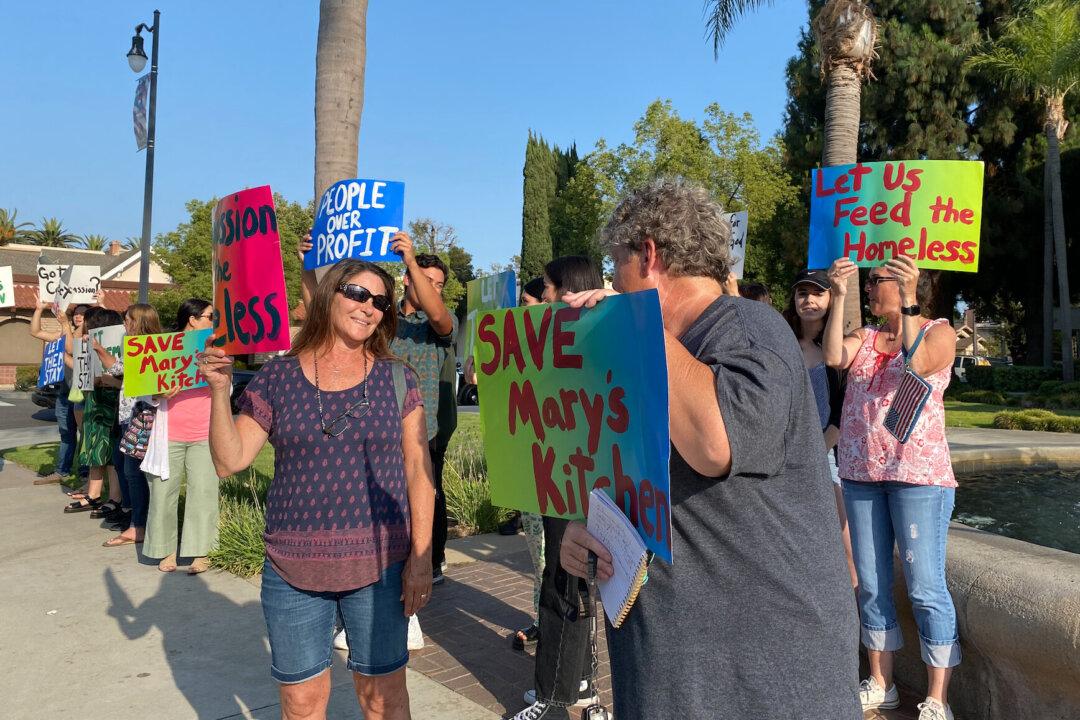LOS ANGELES—Attempts to contain the spread of the CCP virus, commonly known as the novel coronavirus, have resulted in a sudden disruption for an estimated 284,300 servers in California’s restaurant industry. The steep decline in business has impacted them instantly—in some cases, overnight.
“My income went to zero,” Ken Peterka, 39, a server who has worked for nearly 20 years in the restaurant business, told The Epoch Times. “And it’ll stay at zero until I find something else.”





